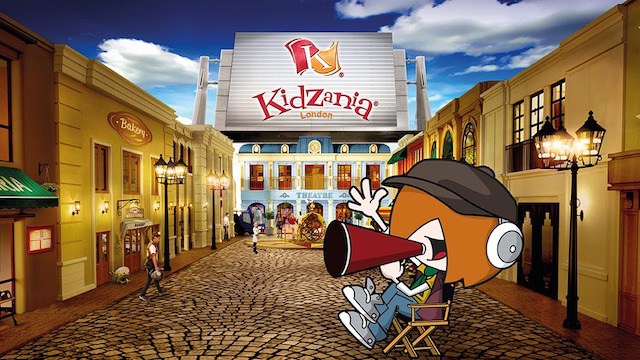So, what is a crush for the little ones?
It is building a relationship outside their comfort zone, beyond their family relationships. Their connection with other little ones is an exciting journey of liking someone, beyond even themselves.
Developmental milestone wise, between ages eight to ten, most children stick to their own gender. When two children of the opposite gender spend a lot of time together in a platonic manner, it is defined as a ‘crush’ by other peers.
Crushes and infatuations are exciting. But crushes are superficial, they are based on outer looks and our impression of what the crush can give us. Maybe someone’s mathematical skills, some smart answer, a haircut, even a giggle. All this in late primary and early middle school.
Does that mean ‘dating’? Nah!, it means liking someone, or fondly called ‘a crush’. Well, a short sigh, a big grin, till the end of middle school is enough.
Now, How Do You Handle It As A Parent?
Don’t tease them and do not treat it as a taboo subject:
Crushes lay the foundation for open conversation. Balancing a talk and helping them speak their mind helps them make a responsible decision.
Goading, or pushing them towards a relationship is a no-no. It is an innocent liking and asking age-appropriate questions supports them.
Like, “Did you and Aisha play together at lunch break today? It sounds like you have fun together.”
Questions can be asked, such as:
a) What qualities does that person have that you like?
b) Did you ever wish that you had those qualities yourself?
c) What would it be like to be appreciated in that way?
d) What are your strengths, your best qualities that others might marvel at?
e) Would you have to do anything different in order to admire yourself more?
Ask them to tell you more
Just because your child has a crush doesn’t mean the crush likes them back. A crush when reciprocated is related to being well-liked and perceived as “popular” by peers. Every one of us has had a crush on someone who didn’t return the feelings, so you can be there for emotional support.
- Parents calm yourself – As adults, one needs to take hold of the initial reaction of fear, anger, surprise and denial, among others. Take deep breaths in and out and remember how all emotions are acceptable.
Hear and converse– allow the child to express and not ‘jump to conclusions. Accept their conversation. Avoiding talking and accepting your child’s feelings confuses them. A crush is exciting, new and usually transitory.
Hearing your child, and acknowledging them helps their thinking brain to continually evolve. It also helps them realize that their feelings and their words are important to you.
Red Flags To Watch Out For
- Be cautious with your words- hurt from words stay, thus accusatory words affect a child self- esteem.
- Sharing their secrets with all – it seems like a breach of trust to a child when words spoken in confidence are used as teasing openly or spoken about carelessly.
- Distract and be there when a child rides over crush and has another interest, accept the situation. Involving your child in other areas of interest like painting, sports, music and spending time helping at home also helps in having a layer of conversations.
Mistakes help us learn and a growth mindset is the way out. Crushes are also a way to self-explore oneself, self-awareness leaded to self- management.
Immediate concern about a child’s crush should not morph into the overview that everything children learn is by experimentation.
Relationship starts with knowing and loving self; and leads to liking someone else. Children mirror every action a parent displays. Emotions churn and throw surprises and parenting is a job that is learnt while practising.
Fear-laden conversations or threats are an absolute no. The purpose of a crush is to converse and express one’s feelings. So let an emotion be expressed and of course parents watch out for the intentions, age difference and activities your child indulges in with his/ her crush.
A journey starts with a single step, so supporting a child verbally and non- verbally is part of the conversation. Let’s humanise every emotion.
I am a psychologist, school counsellor and a mom of 3; who feels blessed that each of my children talk of all that holds their attention. From crushes to a love interest and heartbreaks are all topics of conversation I as a parent indulge in.
Are youkeeping your lines of communication open with your kids?




















